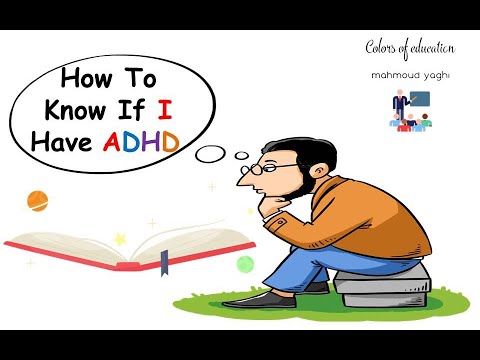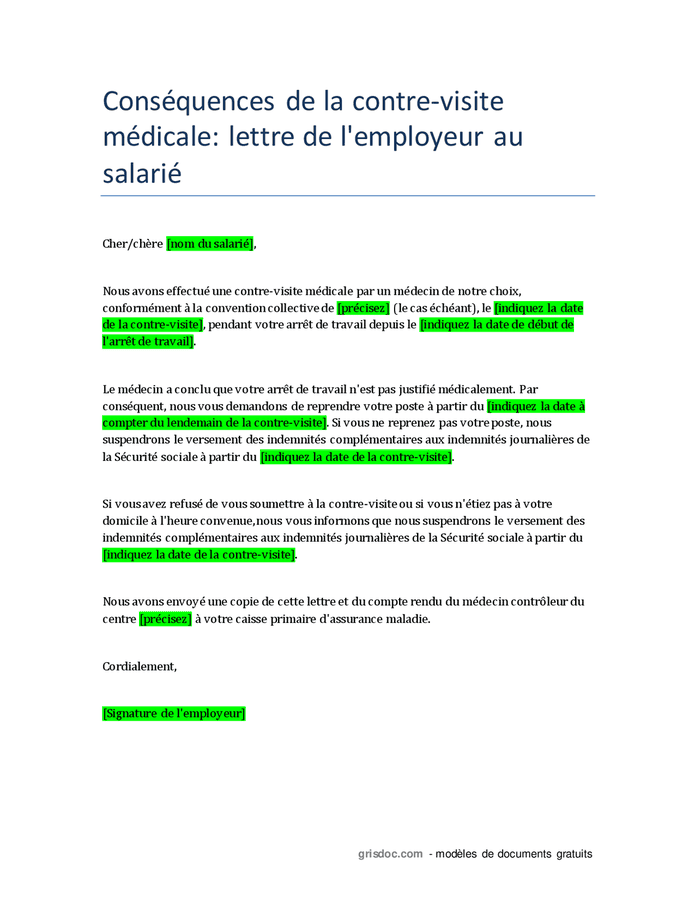You Think You Have Adult ADHD? Now What?

Table of Contents
Recognizing the Signs of Adult ADHD
Adult ADHD presents differently than childhood ADHD. While hyperactivity might be less pronounced, the core symptoms of inattentiveness, hyperactivity, and impulsivity remain. Recognizing these symptoms is the first step towards seeking help.
Common Symptoms in Adults
Adult ADHD symptoms often manifest as:
- Difficulty focusing on tasks: Sustained attention becomes challenging, leading to frequent task switching and incomplete projects. This can impact work performance, academic pursuits, and even simple household chores.
- Poor organization: Struggling with organization and time management is common. This might involve losing things frequently, missing appointments, and difficulty prioritizing tasks.
- Forgetfulness: Frequent forgetfulness, even of important appointments or commitments, is a hallmark symptom. This can affect personal and professional relationships.
- Impulsivity leading to financial or relationship problems: Impulsive decisions, such as overspending or reacting emotionally in relationships, can significantly impact life areas.
- Restlessness: A constant feeling of restlessness or internal fidgeting, even while seemingly inactive, can be a key indicator.
- Difficulty with emotional regulation: Experiencing intense emotional swings and struggling to manage emotional responses is common in adults with ADHD.
ADHD vs. Other Conditions
It's crucial to remember that Adult ADHD symptoms can overlap with other conditions, such as anxiety and depression. This makes a proper differential diagnosis essential. Symptoms can include:
- Anxiety symptoms: Restlessness, racing thoughts, and difficulty relaxing are shared between anxiety and ADHD.
- Depression symptoms: Loss of interest in activities, persistent fatigue, and feelings of hopelessness can mimic ADHD symptoms, making it crucial to rule out co-occurring conditions.
- Other conditions mimicking ADHD symptoms: Conditions like autism spectrum disorder, learning disabilities, and sleep disorders can present with similar symptoms, necessitating a comprehensive evaluation.
Seeking a Professional Diagnosis for Adult ADHD
Getting a proper diagnosis is vital for accessing appropriate treatment and support. This involves seeking help from a qualified professional.
Finding the Right Professional
It's essential to find a healthcare professional experienced in diagnosing and treating Adult ADHD. This could include:
- Psychiatrists: Medical doctors specializing in mental health who can prescribe medication.
- Psychologists: Experts in human behavior who can provide therapy and assessment.
- Neuropsychologists: Specialists who conduct comprehensive neuropsychological testing to assess cognitive functions.
Ask potential professionals about:
- Their experience diagnosing and treating adult ADHD.
- Their approach to assessment.
- Their treatment philosophy.
The Diagnostic Process
The diagnostic process typically involves:
- Questionnaires: Self-report questionnaires, such as the Conner's Adult ADHD Rating Scales, provide valuable information about your symptoms.
- Interviews: Detailed interviews allow the professional to understand the impact of your symptoms on your daily life.
- Neuropsychological testing (in some cases): This may be recommended to rule out other conditions or assess cognitive strengths and weaknesses.
Honest self-reporting is crucial for an accurate diagnosis.
Treatment Options for Adult ADHD
Treatment for Adult ADHD is typically multifaceted and personalized.
Medication Management
Medication, including stimulants and non-stimulants, can significantly alleviate symptoms.
- Common types of ADHD medication: Stimulants like methylphenidate (Ritalin) and amphetamine (Adderall) are commonly prescribed, along with non-stimulants like atomoxetine (Strattera).
- Potential side effects: Side effects vary depending on the medication and individual, but can include insomnia, decreased appetite, and increased heart rate.
- How medication works: Medication works by improving focus and attention, reducing impulsivity, and increasing self-control.
Therapy and Lifestyle Changes
Therapy and lifestyle adjustments play a crucial role in holistic management:
- Benefits of CBT for ADHD: Cognitive Behavioral Therapy (CBT) helps individuals identify and change negative thought patterns and behaviors.
- Strategies for improving organization and time management: Techniques like time blocking, prioritization, and using organizational tools are taught.
- Importance of regular exercise and healthy sleep habits: Exercise and sufficient sleep are crucial for managing ADHD symptoms effectively.
Building a Support System for Adult ADHD
Having a strong support system is essential for navigating the challenges of living with Adult ADHD.
Support Groups and Communities
Connecting with others who understand what you’re going through is invaluable:
- Online support groups: Numerous online forums and communities provide a platform for sharing experiences and advice.
- Local support groups: Check with your local mental health organizations or hospitals for support groups in your area.
- Benefits of sharing experiences and strategies: Connecting with others can reduce feelings of isolation and provide practical coping strategies.
Educating Loved Ones
Educating family and friends about Adult ADHD can significantly improve understanding and support:
- Resources to share with family and friends: Provide them with reliable information about Adult ADHD.
- Strategies for communicating your needs effectively: Learn how to explain your challenges and needs clearly and directly.
Conclusion
Suspecting you have Adult ADHD can be a challenging but important first step. By understanding the symptoms, seeking a professional diagnosis, and exploring treatment options, you can begin to manage your Adult ADHD and improve your quality of life. Remember that effective management of Adult ADHD often involves a combination of medication, therapy, and lifestyle changes. Don't hesitate to reach out to a professional for help. Take control of your health and start your journey towards better managing your Adult ADHD today.

Featured Posts
-
 Du Val Founder Kenyon Clarke Detained After Auckland Altercation
Apr 29, 2025
Du Val Founder Kenyon Clarke Detained After Auckland Altercation
Apr 29, 2025 -
 Subsystem Issue Forces Blue Origin To Cancel Rocket Launch
Apr 29, 2025
Subsystem Issue Forces Blue Origin To Cancel Rocket Launch
Apr 29, 2025 -
 Canadian Filipinos Mourn After Deadly Car Ramming Attack
Apr 29, 2025
Canadian Filipinos Mourn After Deadly Car Ramming Attack
Apr 29, 2025 -
 Controversial Cardinal Demands Conclave Inclusion
Apr 29, 2025
Controversial Cardinal Demands Conclave Inclusion
Apr 29, 2025 -
 Zombie Buildings In Chicago Causes And Consequences Of The Office Real Estate Decline
Apr 29, 2025
Zombie Buildings In Chicago Causes And Consequences Of The Office Real Estate Decline
Apr 29, 2025
Latest Posts
-
 Une Rencontre Inattendue L Histoire De La Visite De Stallone A L Atelier D Une Artiste
May 12, 2025
Une Rencontre Inattendue L Histoire De La Visite De Stallone A L Atelier D Une Artiste
May 12, 2025 -
 Rencontre Exceptionnelle Sylvester Stallone Et L Artiste De Renommee Mondiale
May 12, 2025
Rencontre Exceptionnelle Sylvester Stallone Et L Artiste De Renommee Mondiale
May 12, 2025 -
 Exposition D Art Rencontre Avec L Artiste Et Visite De L Atelier Apres La Visite De Stallone
May 12, 2025
Exposition D Art Rencontre Avec L Artiste Et Visite De L Atelier Apres La Visite De Stallone
May 12, 2025 -
 Kojak Tv Guide Itv 4 Air Dates And Times
May 12, 2025
Kojak Tv Guide Itv 4 Air Dates And Times
May 12, 2025 -
 Sylvester Stallone A Visite Mon Atelier Rencontre Avec Une Artiste Reconnue Internationalement
May 12, 2025
Sylvester Stallone A Visite Mon Atelier Rencontre Avec Une Artiste Reconnue Internationalement
May 12, 2025
